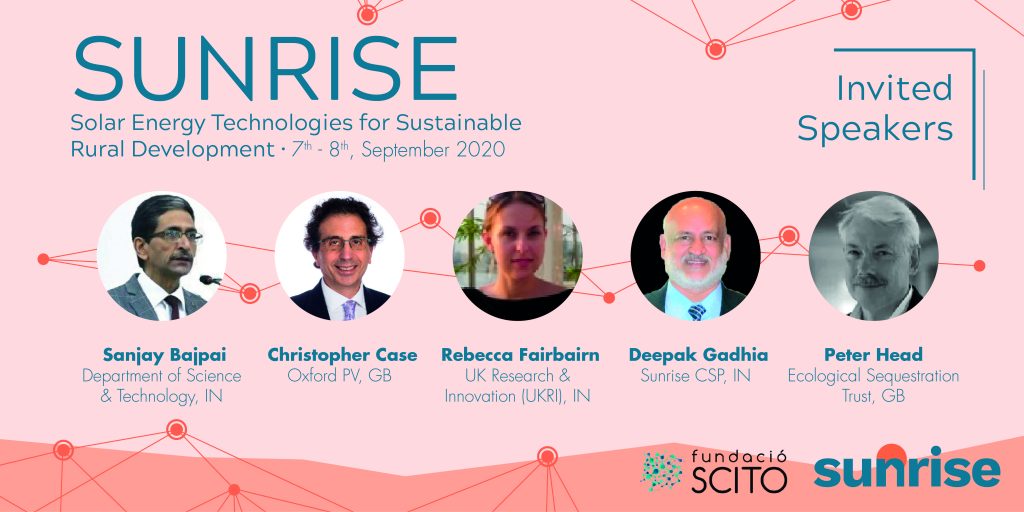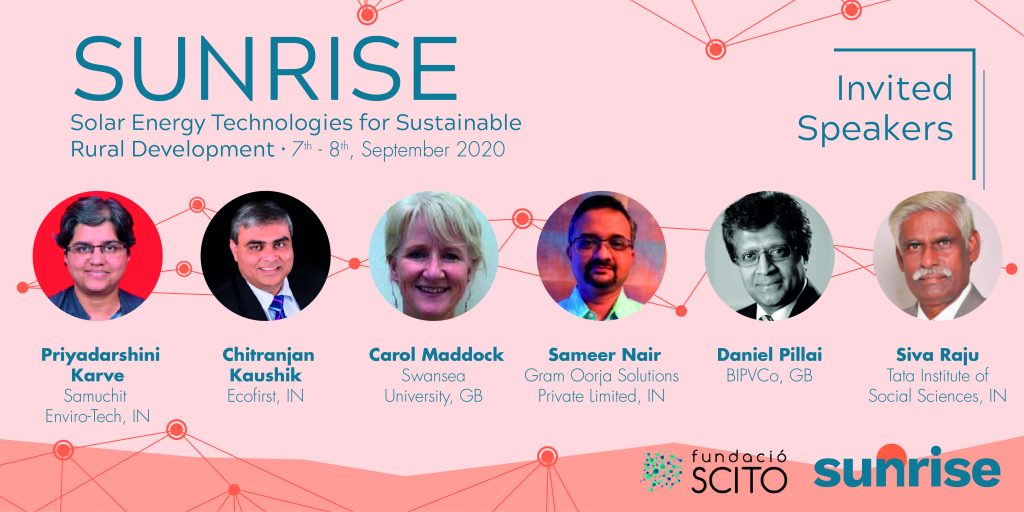The COVID-19 pandemic has caused unforeseeable disruption worldwide and forced us all to find creative alternatives to our usual ways of working. We were disappointed to be unable to host our biannual symposium in Swansea this year as planned, but despite this, we were still able to have a successful conference via online platforms. We enlisted the help of nanoGe to organise a three day event with people joining from across the UK and India as well as our partners in Mexico and Kazakhstan.
Throughout the summer and leading up to our September event, we hosted a series of half-day online research symposia to ensure that collaborations were still able to form and develop despite the lack of face-to-face meetings. Each symposium was also able to adopt a more narrow focus than usual, covering topics from ‘Hole and Electron Transporting Layers for Perovskite Solar Cells’ to ‘Challenges in Energy Storage for Rural Electrification.’ We are planning to hold several more of these sessions to maintain and encourage cooperation throughout the network.
The mini research symposia allowed us to dedicate most of the September conference to the non-scientific elements of the project. We invited speakers to cover topics on funding, industry and commerce, and community involvement. Highlights included Rebecca Fairbairn from UKRI India, Peter Head on the new Pivot Projects, and Priyadarshini Karve from social enterprise Samuchit, as well as our excellent student and post doc presenters. We were also able to hold a successful poster session and a SUNRISE quiz!
While it is difficult to replicate the atmosphere of a face-to-face conference, there are several advantages to be had from a virtual event. Those who are unable to travel due to various reasons such as family commitments can still attend, not to mention the reduced carbon emissions and lower cost.
We plan to hold several more virtual events in the future as the medium and technology continues to develop, allowing for greater interaction and smoother communication.



